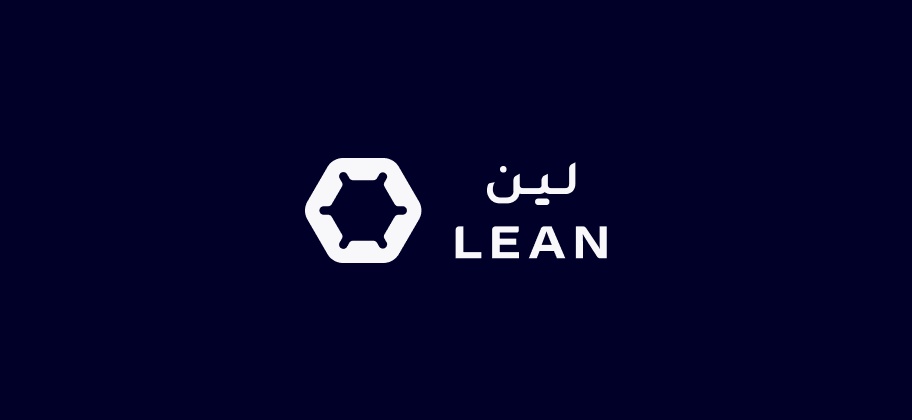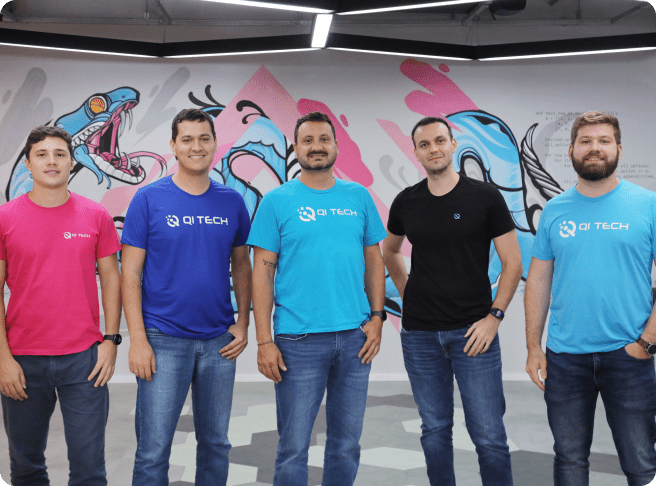The banking industry is undergoing a significant transformation driven by the advent of artificial intelligence (AI). One of the key players in this revolution from the middle east is RAKBANK, which has recently partnered with Microsoft to integrate advanced AI technologies into its operations. This strategic move aims to enhance productivity, improve customer experiences, and drive innovation within the bank.
Table of Contents
ToggleBackground
RAKBANK Overview
RAKBANK, also known as the National Bank of Ras Al-Khaimah, is a prominent financial institution in the United Arab Emirates. Established in 1976 and headquartered in the Emirate of Ras Al-Khaimah, RAKBANK has grown to become one of the most dynamic banks in the region. The bank underwent a major transformation in 2001, shifting its focus from corporate banking to personal and business banking. Today, it offers a wide range of conventional and Islamic banking services through its network of 34 branches and digital platforms.
RAKBANK is publicly traded on the Abu Dhabi Securities Exchange and is majority-owned by the government of Ras Al-Khaimah. With assets totaling AED 52.8 billion and deposits amounting to AED 36.9 billion, the bank continues to play a vital role in the UAE’s financial landscape. The bank’s commitment to innovation is evident in its diverse product offerings, including personal and business banking, Islamic banking, wealth management, and insurance services.
Microsoft AI Overview
Microsoft is a global leader in technology and innovation, with a strong emphasis on artificial intelligence. Its AI capabilities are integrated into various products and services, including Microsoft 365 Copilot and Azure OpenAI Service. Microsoft 365 Copilot leverages generative AI to enhance productivity by automating repetitive tasks, generating content, and assisting in complex decision-making. Azure OpenAI Service provides access to advanced AI models such as GPT-4, enabling organizations to deploy sophisticated AI solutions with enterprise-grade security and compliance.
Details of the Partnership
Announcement
RAKBANK’s partnership with Microsoft marks a significant milestone in the bank’s digital transformation journey. The collaboration focuses on integrating Microsoft’s AI technologies to enhance operational efficiency, improve customer interactions, and foster innovation. This initiative is part of RAKBANK’s broader strategy to leverage cutting-edge technology to stay competitive in the rapidly evolving financial sector.
Goals
The primary goals of the RAKBANK-Microsoft partnership include:
- Enhancing Productivity: By implementing Microsoft 365 Copilot, RAKBANK aims to streamline internal processes, reduce manual workloads, and boost overall productivity.
- Improving Customer Experience: The deployment of Azure OpenAI Service will enable RAKBANK to offer more personalized and efficient customer services, enhancing customer satisfaction and loyalty.
- Driving Innovation: The integration of advanced AI technologies will foster a culture of innovation within the bank, allowing it to develop new products and services that meet the evolving needs of its customers.
Implementation of Microsoft 365 Copilot
Microsoft 365 Copilot is a generative AI tool designed to enhance workplace productivity by automating repetitive tasks, generating content, and assisting in complex decision-making processes. RAKBANK is leveraging Microsoft 365 Copilot to streamline its operations across various departments. This tool integrates seamlessly with Microsoft 365 applications like Word, Excel, PowerPoint, and Teams, providing valuable insights and suggestions that help employees work more efficiently.
For example, Copilot in Word assists in writing and editing documents, summarizing text, and creating concise content. In Excel, it helps analyze data, identify trends, and propose scenarios, making it easier for RAKBANK employees to make informed business decisions. Copilot in Teams enhances meeting productivity by summarizing conversations, organizing key discussion points, and outlining next steps, ensuring that team members stay aligned and productive.
Deployment of Azure OpenAI Services
Azure OpenAI Service is a comprehensive platform that brings advanced AI models, including GPT-4, to enterprise applications. RAKBANK is utilizing this service to implement sophisticated AI solutions that improve operational efficiency and customer engagement.
Key use cases for Azure OpenAI at RAKBANK include enhancing contact center operations, empowering financial advisors, and accelerating content creation. For contact centers, generative AI helps summarize conversations, measure customer sentiment, and provide real-time coaching to agents, resulting in better customer service and faster issue resolution. Financial advisors benefit from AI-driven insights that simplify the retrieval and analysis of product information, enabling them to offer more personalized advice. Additionally, AI-powered content generation tools help create pitch books and other documentation quickly and accurately, freeing up employees to focus on higher-value tasks.

Benefits of AI Integration
The integration of Microsoft AI technologies offers numerous benefits for RAKBANK, including:
- Operational Efficiency: Automating repetitive tasks and providing real-time insights helps streamline operations, reduce manual workloads, and improve overall productivity. For example, Copilot’s ability to summarize and generate content saves employees significant time and effort, allowing them to focus on more strategic activities.
- Enhanced Customer Experience: AI-powered tools enable RAKBANK to offer more personalized and efficient customer services. For instance, the use of AI in contact centers improves customer interactions by providing agents with real-time coaching and sentiment analysis, leading to faster and more satisfactory resolutions.
- Innovation and Agility: By leveraging advanced AI models and tools, RAKBANK can foster a culture of innovation and agility. The bank can quickly adapt to changing market conditions, develop new products and services, and stay ahead of the competition.
Challenges and Considerations
Implementing AI technologies in banking comes with significant challenges that need to be addressed to ensure successful integration and operation.
- Data Privacy and Security: Banks handle large volumes of sensitive customer data, making data privacy and security a top priority. AI systems, especially those using generative models, require vast amounts of data for training, which can include personal and financial information. Ensuring this data is protected from breaches and unauthorized access is critical. Banks must invest in robust security measures and compliance frameworks to safeguard data and adhere to stringent regulatory requirements.
- Regulatory Compliance and Ethical Considerations: The banking sector operates within a highly regulated environment, which can lag behind the rapid advancements in AI technology. Implementing AI requires careful navigation of existing regulations and ethical considerations, such as avoiding biased outcomes, ensuring algorithmic transparency, and maintaining fairness. Banks must develop strategies to comply with current regulations and adapt to emerging ones, which can be complex and resource-intensive.
- Skill Gap and Workforce Adaptation: Successful AI implementation demands a workforce skilled in AI and machine learning technologies. Banks may face challenges in upskilling existing employees or recruiting new talent with the necessary expertise. Additionally, fostering a culture of AI adoption and continuous learning is crucial to ensure that employees can effectively collaborate with AI systems and adapt to new roles that involve higher levels of complexity.
Future Outlook
As RAKBANK continues to integrate AI technologies, the future looks promising with several potential expansions and enhancements on the horizon.
- Expansion Plans: RAKBANK could further expand its AI capabilities by incorporating more advanced AI models and exploring new use cases across different departments. This might include enhancing predictive analytics for better risk management, developing more sophisticated customer service solutions, and automating additional back-office functions to improve efficiency.
- Industry Impact: The broader banking industry is likely to see significant transformations driven by AI. Financial institutions adopting AI can expect increased efficiency, improved customer experiences, and enhanced data-driven decision-making. As AI technologies mature, banks will be able to offer more personalized services, streamline operations, and maintain a competitive edge in the market.
Conclusion
The collaboration between RAKBANK and Microsoft to integrate advanced AI technologies is a strategic move that promises to enhance productivity, improve customer interactions, and drive innovation. By addressing the challenges of AI implementation and embracing a future-focused approach, RAKBANK is well-positioned to lead in the evolving landscape of digital banking. The successful adoption of AI will not only benefit the bank but also set new standards for innovation and customer-centricity in the financial sector.












